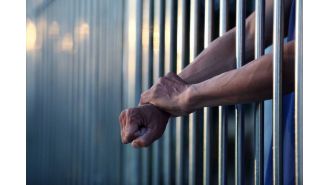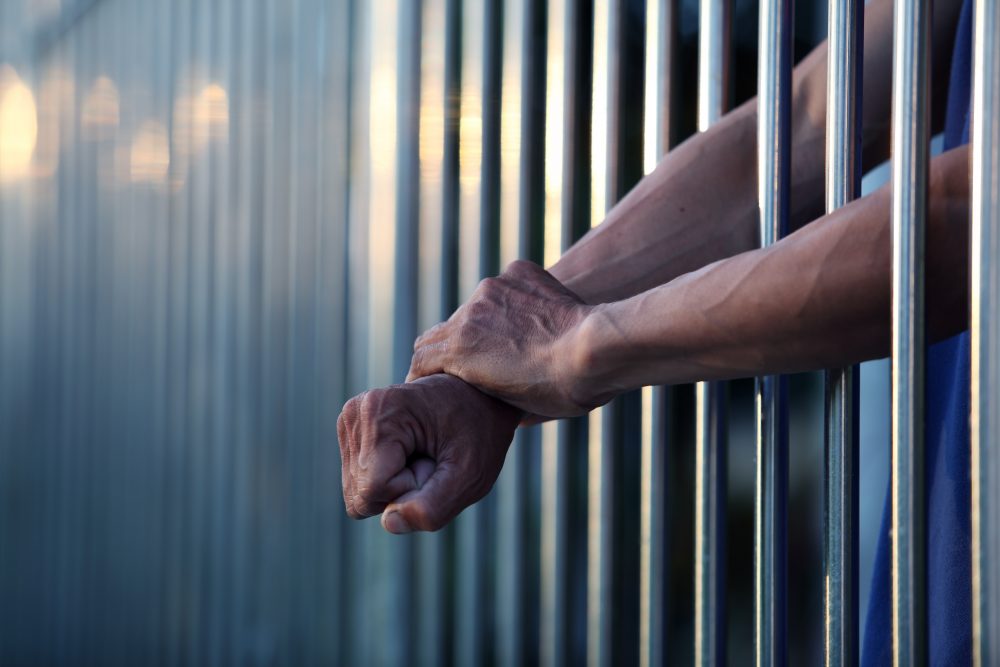Ban on new adverts includes popular junk foods like porridge and crumpets.
Some popular Christmas foods are considered unhealthy.

It seems that some of our beloved childhood breakfast favorites have been deemed too unhealthy to be advertised to children. According to the government's latest list, porridge oats, crumpets, and roast potatoes will all be facing a ban on advertisements by 2025. The new rules, set to take effect in October next year, are aimed at addressing the issue of childhood obesity. This means that these foods will no longer be allowed to be advertised on TV or online before 9:00 pm.
Thirteen categories of food, including dairy, morning goods, and soft drinks, will be subjected to this ban. However, the government has also announced that certain foods will be exempted from this list. Using a nutrient profiling model from 2004 to 2005, they have determined that crumpets, roast potatoes, and porridge fall under the category of "less healthy" and should not be advertised to children. This also means that this Christmas may be the last time we see hot cross buns and Christmas pudding being advertised on TV.
In addition to breakfast foods, a wide range of drinks containing added sugars will also be prohibited from being advertised to children. This includes fruit-based drinks, milkshakes, hot chocolates, teas, and coffees. Even protein shakes and other powdered drinks that contain added sugars will no longer be allowed to be advertised. However, alcoholic drinks and alcohol substitute drinks will not be included in this ban.
Savory snacks, such as crisps, crackers, rice cakes, tortilla chips, and Bombay mix, will also be off limits for advertisements. This ban even extends to lentil and chickpea-based crisps, but raw and coated seed and nut snacks and beef jerky are exempted.
Moving on to breakfast cereals, it seems that even our seemingly healthy choices like granola, muesli, and ready-to-eat cereals have been labeled as "less healthy." This also includes porridge oats, including instant porridge and other hot oat-based cereals.
When it comes to confectionery items, anything that can be found in the confectionery aisle of a retailer will be included in the ban. This means that even protein bars and other high-protein products may be classified as confectionery items and thus, prohibited from being advertised. However, sugar-free sweets and gum are allowed to be advertised.
Ice cream and ice cream alternatives will have their own category under the government's junk food proposals. All dairy and non-dairy ice creams are deemed too unhealthy to be advertised to children, except for alcohol products and ice cream decorations.
Cakes and cupcakes, including sponge cakes, donuts, éclairs, and all other cake products, have been deemed as "less healthy." Only cake decorations and toppings can still be advertised to children before 9:00 pm.
The list also includes sweet and chocolate bar biscuits, such as ice cream wafers, cereal bars, and coated chocolate biscuits. Even sweet-flavored rice or corn cakes will be prohibited from being advertised.
Next up are morning goods, which include breakfast items such as crumpets, croissants, scones, and pancakes. These have all been deemed too unhealthy for children to see in advertisements. This also includes the Christmas favorite, hot cross buns, as well as brioches, English muffins, and pain au chocolats. "Free from" versions of these goods are also included, but some savory bread products like focaccia and olive bread are exempted.
Desserts and puddings will also be banned from TV and online advertising. This includes pies, tarts, flans, cheesecake, sponge puddings, rice pudding, crumbles, fruit fillings, meringues, custards, trifles, and Christmas puddings. However, tinned or canned fruits for desserts, as well as syrups and other toppings, are not included in the ban.
Sweetened yoghurt and fromage frais, whether dairy or non-dairy, have all been targeted by the government. This includes flavored Greek-style yoghurts, probiotic yoghurts, and kids' yoghurts. Surprisingly, even fat-free and low-fat yoghurts are considered "less healthy" and will not be allowed to be advertised. Only natural and unsweetened yoghurts, like plain Greek yoghurt, are exempted.
Moving on to pizza, it seems that only garlic bread and plain pizza bases have been spared from being classified as junk food. This means that all other types of pizza, including deep pan, deep dish, thin crust, and stuffed crust, will be banned from being advertised. This ban also covers all topping varieties and all sizes of pizza.
Potato and sweet potato products, such as smiley-faced potatoes, roast potatoes, hash browns, fries, and wedges, are all considered "less healthy" by the government. However, potato salads and mashed potatoes are not included in this ban, as well as potatoes that have not been treated, cooked, or shaped.
Lastly, the most comprehensive list of unhealthy food products that will be banned from advertisements includes ready meals, breaded and battered foods, and sandwiches. This includes all types of ready meals, whether Chinese, Thai, Italian, or traditional, as well as stuffed pastas like ravioli and tortellini. All forms of breaded vegetables, fish, meat, and poultry will also be prohibited, including popular choices like fish fingers, chicken nuggets, and chicken Kievs. Sandwiches sold by retailers and in the out-of-home sector, such as wraps, bagels, and paninis, will also not be allowed to be advertised. However, sushi, fajita meal kits, and dried noodle products will not be included in this ban and can still be advertised before the watershed.
1 Views










